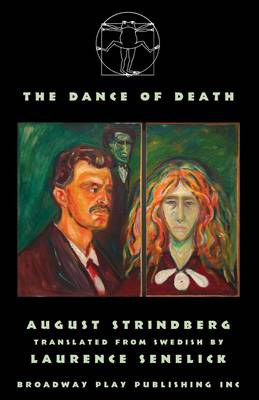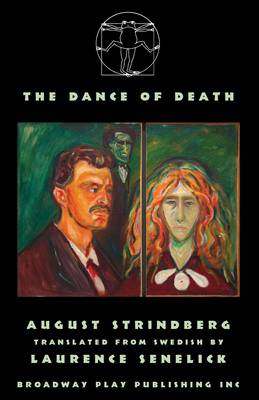
- Retrait gratuit dans votre magasin Club
- 7.000.000 titres dans notre catalogue
- Payer en toute sécurité
- Toujours un magasin près de chez vous
- Retrait gratuit dans votre magasin Club
- 7.000.0000 titres dans notre catalogue
- Payer en toute sécurité
- Toujours un magasin près de chez vous
Description
"The question is to know whether as a result of living together, one person's evil thoughts manage to be perceived by the other person, even before they are fully formed, and whether the other person intuits them as already at the conscious phase, deliberately trying to be realized. There is nothing more hurtful than to see someone read into your very depths and only a married couple is capable of it. They do not manage to conceal what is murky in the depths of their soul and they easily foresee each one's intention towards the other, which makes the clear impression of spying on one another which is what, in fact, they are doing. Fearing nothing so much as one's husband's or wife's watchfulness, they wind up disarmed in relation to one another. A judge is sitting beside them, who condemns in embryo every germinating evil desire, whereas, according to society's law, one cannot be held responsible for one's thoughts."
Strindberg, The Quarantine Officer's Second Tale, 1902
"THE DANCE OF DEATH certainly exceeds the surface naturalism stressed by earlier critics. Being the fruit of Strindberg's harrowing personal suffering, the play expresses in many surrealistic ways the state of mind of persons engaged in elemental conflicts."
Sister Corona Sharp
"THE DANCE OF DEATH is a study of the horror of life's spiritual isolation-the loneliness that unhappy intimacy with another only accentuates."
Charles Isherwood
"In the case of Strindberg, the tragic strain does not exclude the comic, that the two in fact coalesce, become as it were one, in the manner of the modern as distinguished from the classical drama."
Alrik Gustafson
Spécifications
Parties prenantes
- Auteur(s) :
- Traducteur(s):
- Editeur:
Contenu
- Nombre de pages :
- 152
- Langue:
- Anglais
Caractéristiques
- EAN:
- 9780881458923
- Date de parution :
- 07-12-20
- Format:
- Livre broché
- Format numérique:
- Trade paperback (VS)
- Dimensions :
- 140 mm x 216 mm
- Poids :
- 181 g

Les avis
Nous publions uniquement les avis qui respectent les conditions requises. Consultez nos conditions pour les avis.






